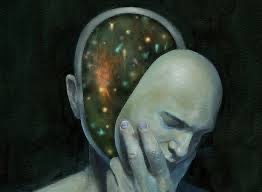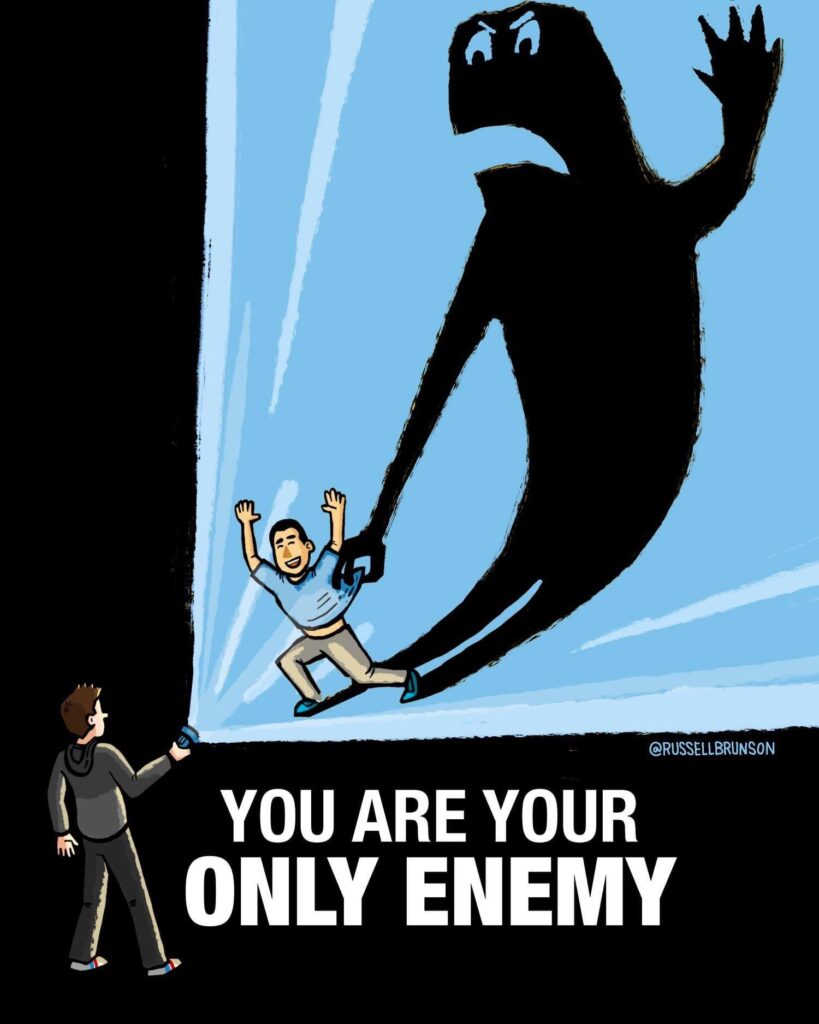Our false self is a cover-up. It’s a part of us, which is unauthentic and strained.

Charles Finn, in describing our struggles with our false self, writes:
“Don’t be fooled by me. Don’t be fooled by the face I wear. For I wear a mask, a thousand masks, masks that I’m afraid to take off, and none of them is me. Pretending is an art that’s second nature with me, but don’t be fooled. For God’s sake, don’t be fooled. I give you the impression that I’m secure, that all is sunny and unruffled with me, within as well as without, that confidence is my name and coolness my game, that the water’s calm and I’m in command, and that I need no one. But don’t believe me … Beneath lies confusion and fear and aloneness. But I hide this. I don’t want anybody to know it. I panic at the thought of my weakness and fear being exposed. That’s why I frantically create a mask to hide behind …”

The false self is universal among all of us. We’re all humans. Imperfect. We differ only in degree or the gradient scale.
It has diverse names or labels, such as: survival tool, egocentric ego, impaired self, defensive self, psychopathology.
Marissa (not her real name) does not feel real or whole. At one level or another, she senses that something is wrong or missing.
She goes into panic anxiety. And several times, suicide has crossed her mind.
With her friend’s sponsorship, she began therapy. But only after a few sessions, she disappeared.
Her friend contacted me about it. And she shared about how Marissa felt uncomfortable and embarrassed about being supported by her. “I’m fine now,” she told her.
Weeks later, I learned that Marissa attempted to jump from a bridge and has been hospitalized since then.
What happened to Marissa, you may wonder?
She’s someone you know well. For she’s every man you meet. And she’s every woman you meet.
Our false self is a cover-up.
Psychiatrist and author Dr. Charles Whitfield explains in his book “Healing the Child Within:”
“Because our false self needs to withdraw and to be in control, it sacrifices nurturing or being nurtured. It cannot surrender. It is self-righteous and attempts to block information coming from the unconscious. Even so, it tends to repeatedly act out unconscious often painful patterns.”
MyOnlinePsychotherapyPh.Com


